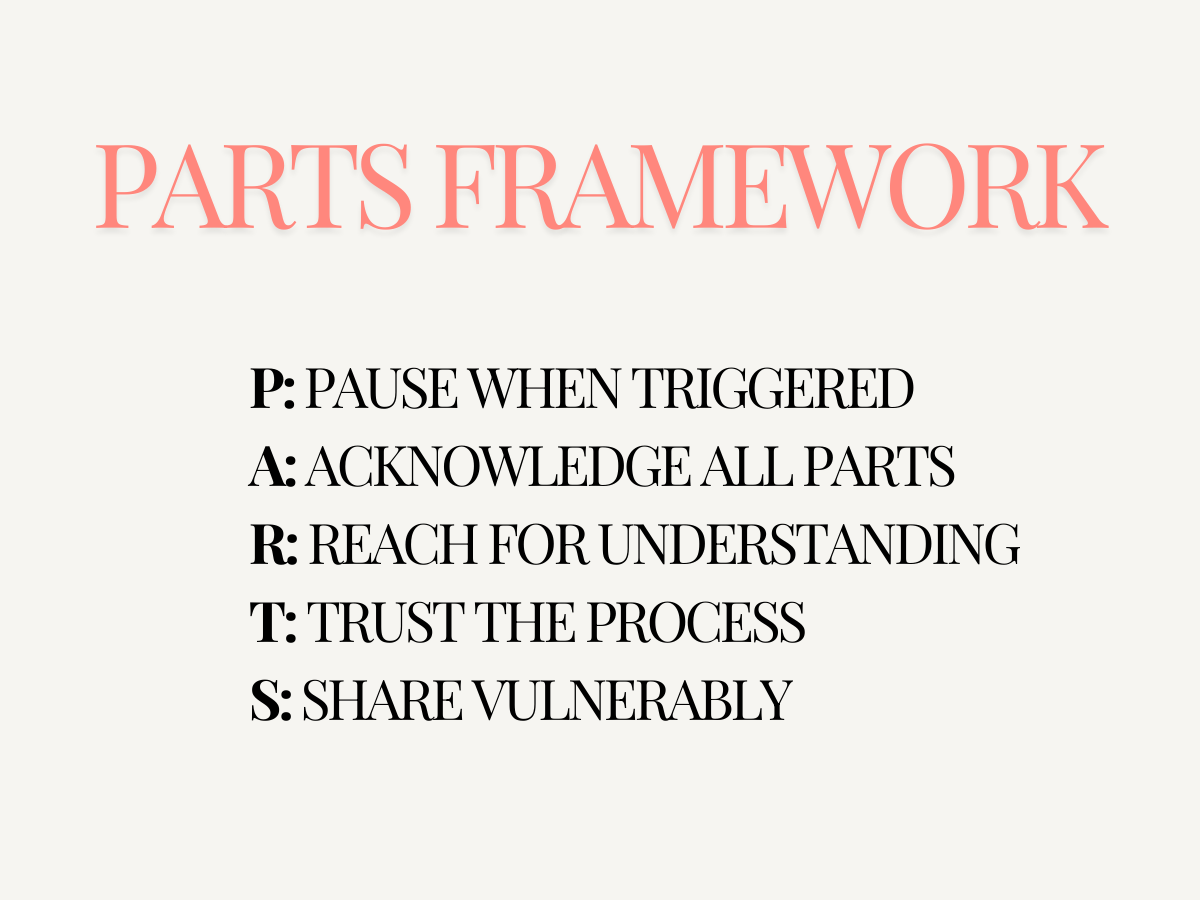Your Marriage vs. Your Politics: When Love and Politics Collide in Divided America
It used to be that couples fought about money, sex, or in-laws. Now, in my Hermosa Beach therapy office, couples are breaking up over who they voted for. Political differences in marriage have become the new relationship crisis. Welcome to love in politically divided America, where dinner tables have become battlegrounds and dating apps have political filters. But here's what nobody's talking about: These couples aren't really fighting about politics at all.
"The political crisis in America isn't just dividing our nation—it's fracturing our most intimate relationships. But when couples battle over politics, they're rarely fighting about policies. They're fighting for their sense of safety, identity, and belonging." - Lisa Chen, LMFT, Los Angeles Couples Therapist
The story repeating itself in my South Bay therapy practice is becoming devastatingly familiar: Couples seeking help for political differences sit on my couch, their love buried under an avalanche of political tension. One partner supported Trump, the other Harris. One watches Fox News, the other MSNBC. What was once a loving relationship has become a microcosm of America's political battlefield.
"Remember when first dates were about favorite movies and dream vacations? Now they're about Fox News versus MSNBC, Trump versus Harris, red versus blue. In my Los Angeles therapy practice, I'm watching American love story rewrite itself – and not for the better." — Lisa Chen, LMFT, Los Angeles Couples Therapist
Match.com reports that 71% of singles now consider political alignment a dating dealbreaker. But here's the real crisis: Long-term couples, marriages, and families are fracturing along political lines, with relationship political stress becoming the leading cause of emotional distance in politics.
Political Resentment in Marriage and Relationships: What's Really Being Threatened
When James* slams the door after another political disagreement in marriage, it's not really about election integrity. When Maria* cries over her husband's dismissal of social justice movements, it's not about policies—it's about couples political dynamics threatening core human needs:
1. Safety & Survival in Political Couples Conflict
The primal fear of threat to our way of life
The need to protect our future
The drive to secure our family's wellbeing
2. Identity & Values in Relationship Political Debate
Who we are at our core
What we stand for
Our sense of moral integrity
3. Connection & Political Power Struggles
Our place in the family
Our role in community
Our sense of acceptance
4. Political Relationship Balance
Being heard and respected
Having agency in our lives
Maintaining personal autonomy
5. Political Respect in Marriage
Feeling valued and understood
Having our experiences validated
Being seen for who we are
Beyond Political Arguments: The Power of Courageous Communication
In an era of deepening political divisions, maintaining meaningful relationships with those who hold opposing views has become both increasingly challenging and vitally important. Whether you're sharing a home, a workplace, or a family bond with someone across the political aisle, the key to preserving these connections lies not in winning arguments or changing minds, but in fostering understanding through courageous communication. This approach requires us to step beyond our defensive instincts and embrace vulnerability, curiosity, and empathy. By learning to engage in conversations that prioritize human connection over ideological victory, we can build bridges across political divides while strengthening our most valued relationships. The following guide offers practical strategies for navigating these complex waters with both wisdom and compassion.
"Political differences don't end relationships. It's our inability to understand what these differences mean to each other that tears us apart. When couples learn to speak from Self to parts, even the most intense political differences can transform into opportunities for deeper intimacy. It's not about changing views—it's about changing how we understand each other." - Lisa Chen, LMFT
Here's how to have conversations that matter:
1. Political Couples Dialogue: Moving Beyond Position
Instead of: "How can you believe that?"
Try: "What feels threatened when we disagree about this?"
2. Relationship Political Boundaries
Instead of: "You're being ridiculous about this!"
Try: "I notice I'm feeling scared when we talk about this. What's happening for you?"
3. Political Understanding in Marriage
Instead of: "Why can't you see the facts?"
Try: "Help me understand what these views protect for you."
Try this PARTS Framework for Speaking:
Pause when triggered
Take three deep breaths
Notice which parts are activated
Access your curious Self
Acknowledge all parts
Name your protective parts
Recognize your partner's protectors
Honor all parts' good intentions
Reach for understanding
"What is this part trying to protect?"
"What does this part need?"
"What is this part afraid might happen?"
Trust the process
Stay in Self energy
Maintain curiosity
Allow space for all parts
Share vulnerably
Speak from Self about your parts
Express deeper needs and fears
Connect through understanding
Hope for Healing Political Division in Relationships
While political tension in marriage continues to rise, couples who seek professional help report:
Deeper understanding
Stronger connections
More intimate bonds
Greater resilience
Don't let political differences destroy your relationship. As a Los Angeles couples therapist specializing in helping partners navigate political stress in relationships, I'm here to help transform political tension into deeper connection.




